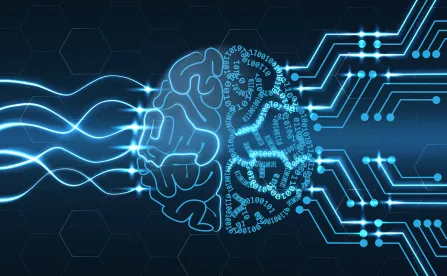In contemporary litigation, “machine learning” and “predictive analytics” are phrases that are typically used in the context of e-discovery. However, as these technologies grow and evolve, so too will their application and utility in employment decisions and legal proceedings.
Predictive analytics, machine learning, and AI raise a number of privacy and ethics concerns in society, but when utilized properly, can prove to be an invaluable asset to clients both inside, and outside, the context of litigation. Indeed, employers are rapidly deploying these technologies across the employment spectrum, from identifying potential job candidates, conducting initial applicant screenings, tracking working time and attendance, identifying potential promotion candidates, as well as in workforce restructuring.
Employers definitely should embrace, and not fear, implementing these technologies, especially given their trajectory towards becoming essential to business in the modern era. However, like with any tool or asset, employers should be cognizant of how AI, machine learning and predictive analytics are designed, deployed, and monitored to avoid unintended biases and ensure compliance with applicable law. Taking a proactive and preventative approach to machine learning and predictive analytics is particularly important for developing defensible positions should the use of machine learning or predictive analytics be subjected to scrutiny in litigation, or otherwise.




 />i
/>i


